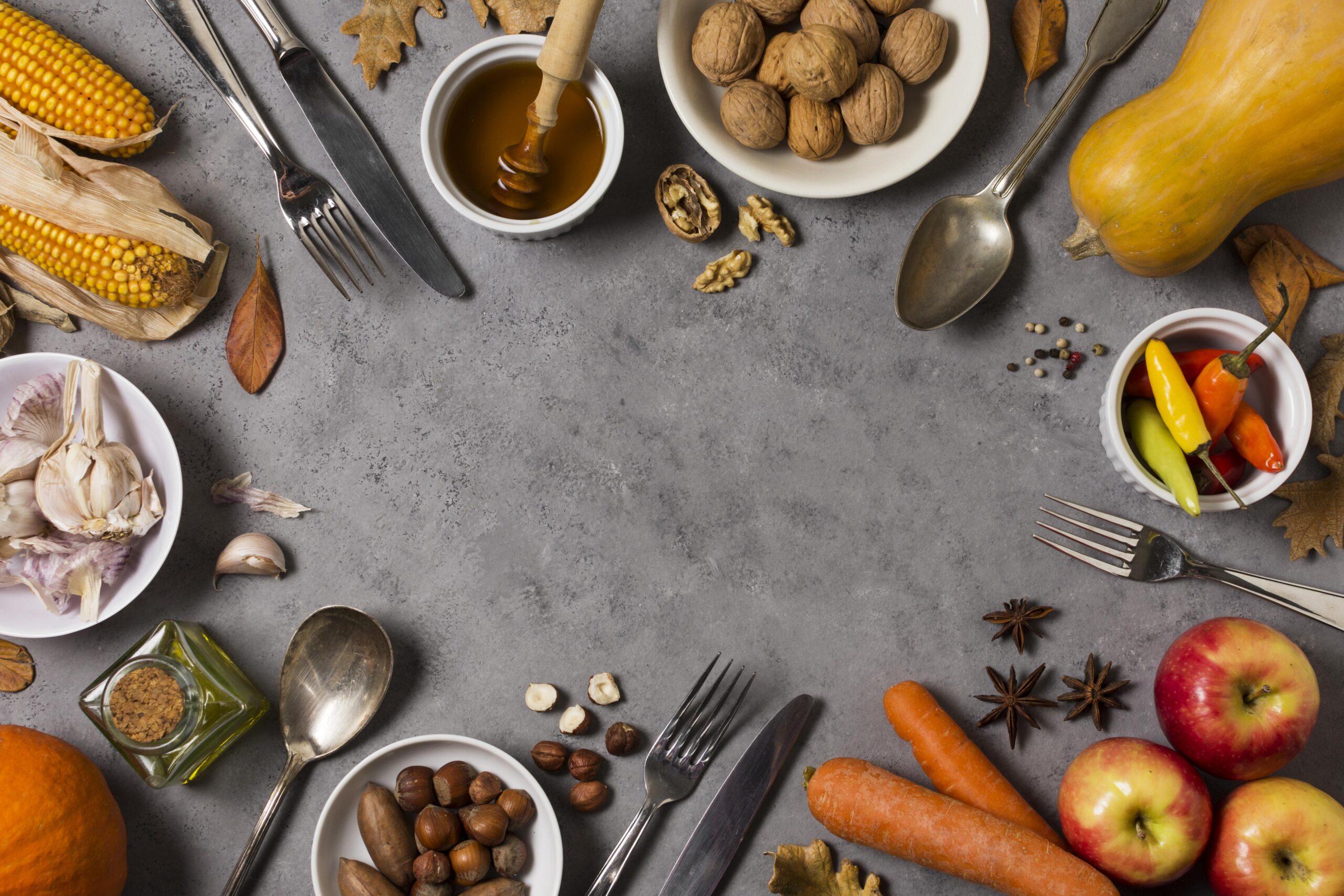Interested in upgrading your health and eating better? Seasonal eating may just be it. Get in tune with the seasons and enjoy a diet that is naturally sustainable for your health, but also more environmentally friendly. Read on to discover how eating seasonally impacts your health and its benefits, as well as the ultimate guide to seasonal eating.
What Does Seasonal Eating Mean?
Eating seasonally means selecting fruits and vegetables that are currently at their peak. Which means you’re eating what the Earth gives us naturally and in usually with better taste, nutrition as a bonus.
Why Seasonal Eating is a Game Changer
- Maximum Freshness and Flavor: Season foods are harvested at their peak ripening and taste the best. Seasonal foods are more good as per both taste and freshness and also healthy as it is grown itself. Just think of eating a juicy peach or crisp apple that have been brought in from the garden.
- Nutrient-Packed Goodness: Seasonal produce is often more nutrient-dense because it’s allowed to reach full development on the plant.
- Budget Friendly: If you are looking to save money for buying fruits and vegetables seasonal food tend to be more affordable. It cost less buying seasonal fruit due to higher production.
- Support Local Agriculture: When you buy seasonal produce from the area market, you support your community and in this way it can be helpful for farmers too. This is an excellent way of providing back to the local economy and getting fresher better food.
How to Start Eating Seasonally
- Get to Know What’s in Season: Find out which fruits and vegetables are seasonal to your region. Different seasons have their varieties of produce and hence you should consult the local farmer’s markets, the farmer newsletters that are always available on the internet.
- Shop at Local Markets: Farmer’s market is basically a seasonal food market that offers fresh produce food. Make sure ask them which products are the newest ones and to know the farmers that supply them.
- Grow Your Own: If you have a garden or even a small terrace then it is better to try and grow your own food. It is interesting to play along the seasons and you can assured of fresh produce at you home.
Seasonal Eating Throughout the Year
Fresh greens like spinach and arugula are grown in spring season, as well as early fruits like strawberries and rhubarb. Summer is prime time for tomatoes, cucumbers, peppers, onions, garlic, corn, berries, and melons. These foods are perfect for salads, grilling, and refreshing drinks. Squashes, pumpkins, apples, and pears are fall produce. Root vegetables and winter greens are produce of the winter season. Citrus fruits like oranges and grapefruits are also grown during this time.
Tips for Successful Seasonal Eating
Do not be afraid to approach fruits and vegetable which are not so commonly seen. Seasonal eating, therefore, can be viewed as the chance to discover and incorporate different types of foods. If there is an ingredient that is specific to a particular season and is not available in the market, try to use something that is also seasonal. Continue learning about seasonal produce with yourself.
Conclusion
For many people, seasonal eating is not about being healthy it is about enjoying a certain goodness available at some certain period of the year. Eating seasonally ensures that you have fresher and tastier foods while at the same time with a touch on the positive effect of diet on health and the earth. It is benefit in term of cost and taste so you can also make habit of consuming food that are produced seasonally. Begin from today and taste the fantastic advantages of eating seasonally.
Also Check,

